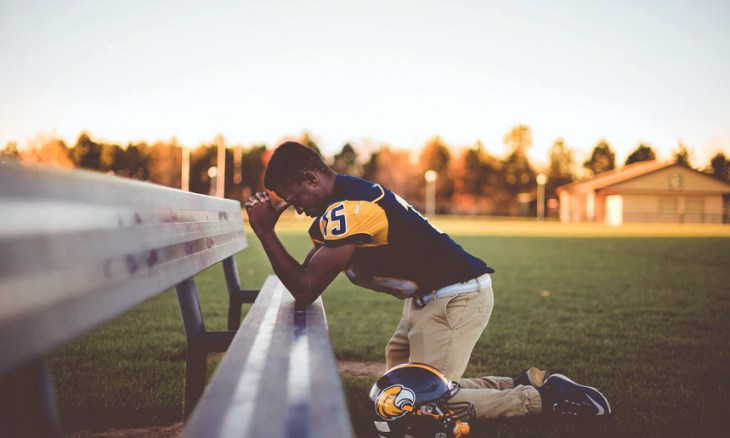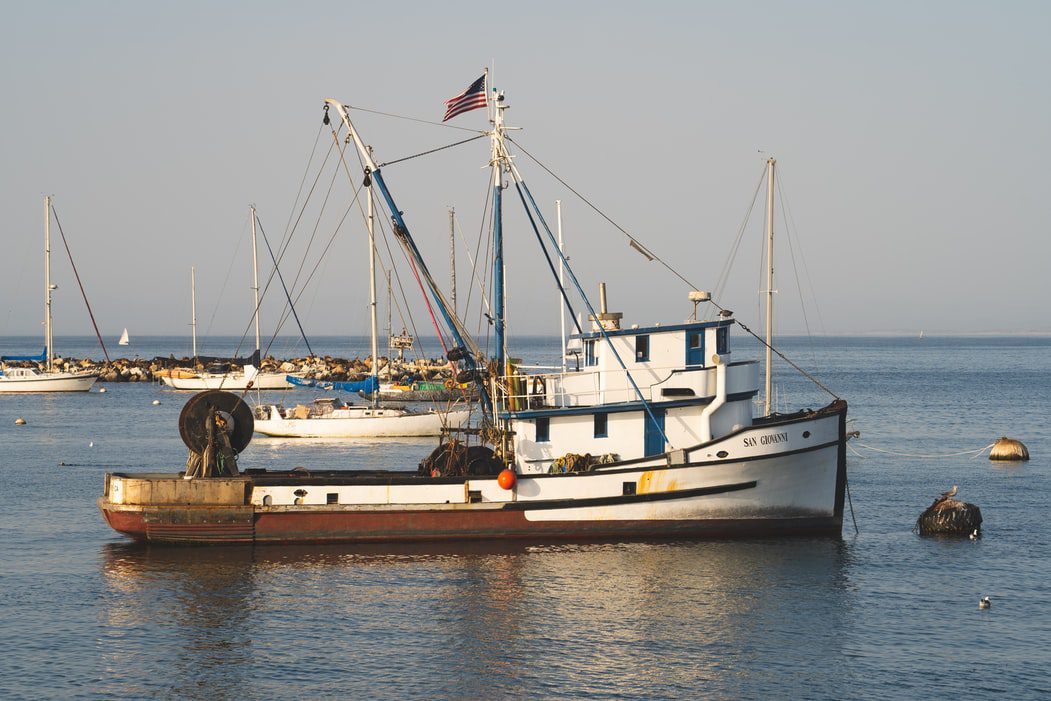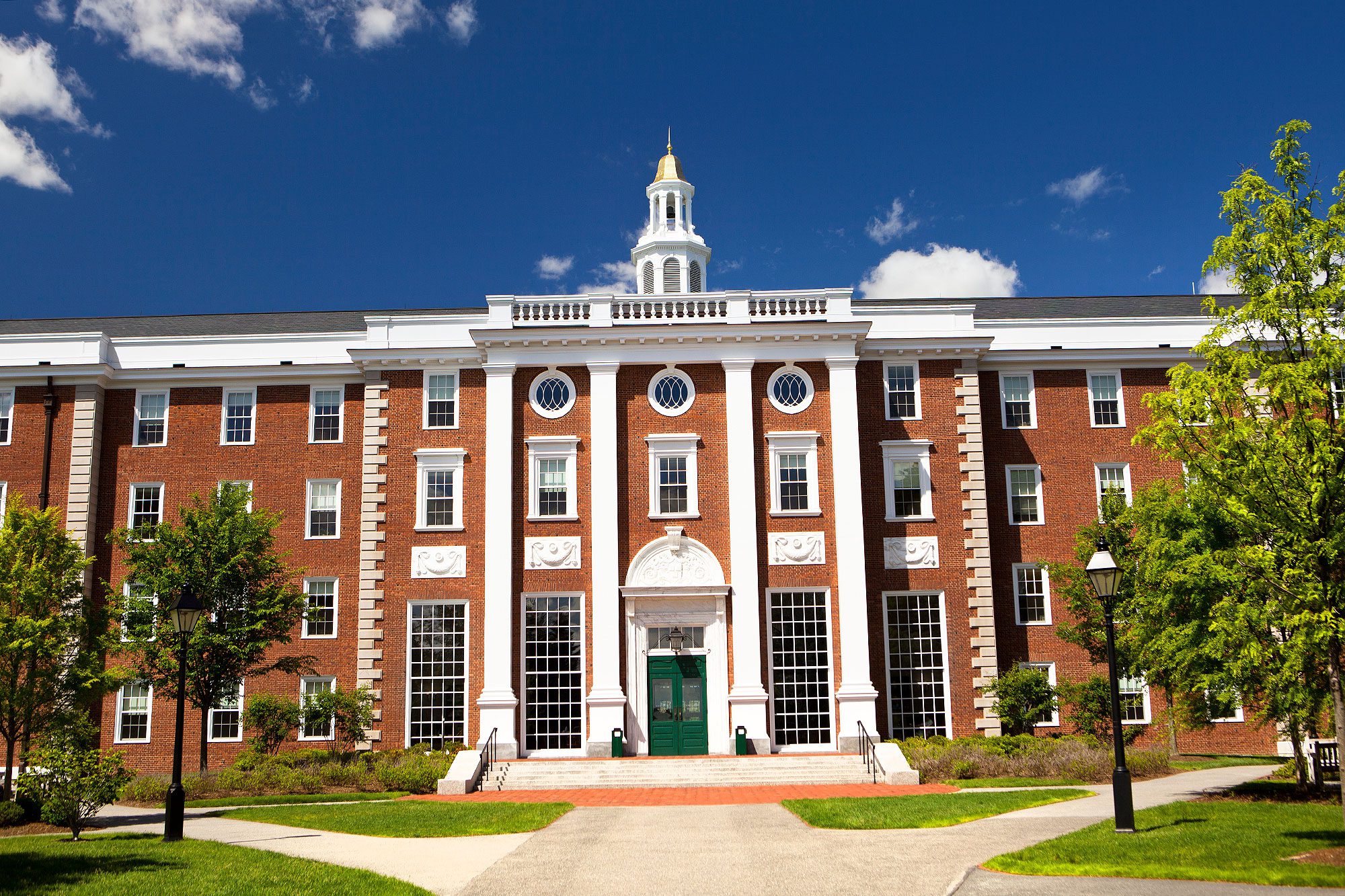High school coach’s prayers raise issues of speech, religious freedom, and state establishment of religion.
On Monday, the Supreme Court heard oral arguments in the case of Kennedy vs. Bremerton, deliberating over whether high school football coach Joseph Kennedy violated the First Amendment establishment clause when kneeling to pray at the conclusion of a game.
Coach Kennedy began praying on his own on the field in 2008. Eventually, players and members of the opposing team joined him. He also began delivering motivational speeches that referenced his faith.
The Bremerton School District began to oppose the practice seven years later when a rival team’s coach complained. The district told the coach he could continue delivering his motivational speeches but that they “must remain entirely secular in nature.”
The coach temporarily complied but informed the school a month later that he would resume praying at the 50-yard line and asked for a religious accommodation under Title VII of the Civil Rights Act, which prohibits religious discrimination. His lawyers state Coach Kennedy was “engaged in private religious expression upon which the state may not infringe.”
A federal district court judge ruled against Coach Kennedy, and that ruling was upheld by the Ninth Circuit Court of Appeals, which was then appealed to the U.S. Supreme Court in 2019, which returned the case to the lower courts. In March 2021, a three-judge panel on the Ninth Circuit ruled that the coach’s constitutional rights were not violated as he was acting as a government employee during his postgame activities. The case was appealed once again to the Supreme Court, and this time, it agreed to take up the appeal.
In their brief to the high court, attorneys for the coach wrote, “That practice [kneeling on the field during the national anthem to protest racial injustice], like Kennedy’s prayers, is controversial—courageous to some and offensive to others. But if Joe Kennedy had taken a knee to protest racial injustice, the district almost certainly would not have argued that this speech was somehow the state’s. Rather there would have been no question that it was protected private speech.”
A ruling on this case will probably come at the same time a number of rulings are released at the end of the court’s session in June.
As the Lord Leads, Pray with Us…
- For discernment for Supreme Court justices as they deliberate the case.
- For the justices to accurately interpret laws regarding the establishment of religion and the free exercise thereof.
- For Coach Kennedy and his attorneys as they argue for freedom of speech and religion.
Sources: Washington Examiner, MSN









